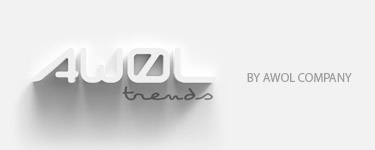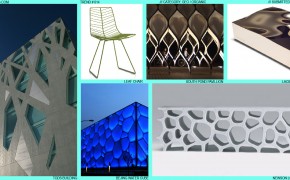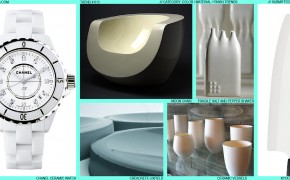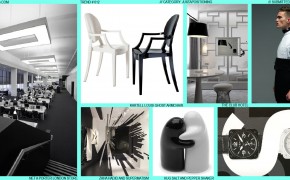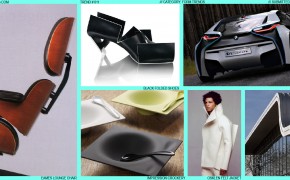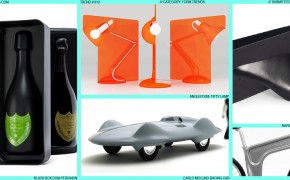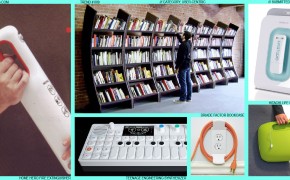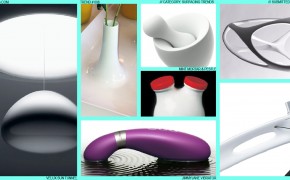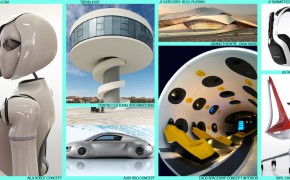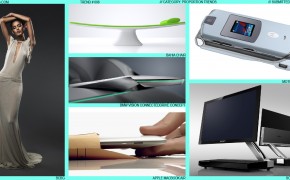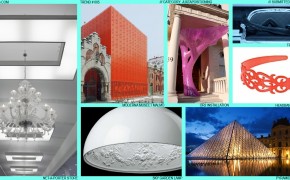GEOMETRIC FORMS / ORGANIC MATRIX
In keeping with this category, highlighting the dynamic balance between the Rational and Natural worlds, Geometric Form/Organic Matrix captures one specific method of achieving this balance. In this theme, a purely geometric form, often based on a primitive such as a cube or rectangle, defines an absolute outer boundary volume....
Read more